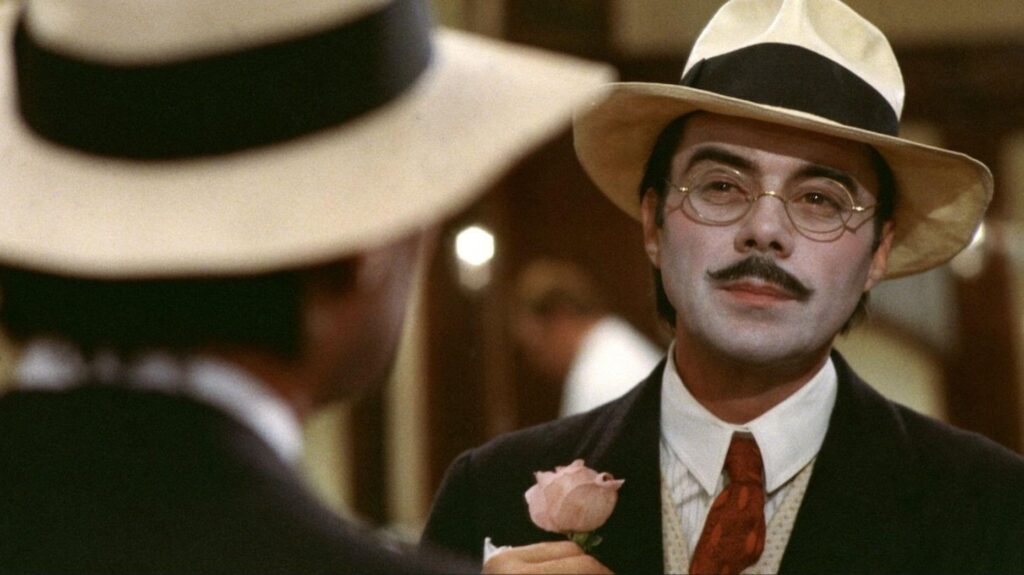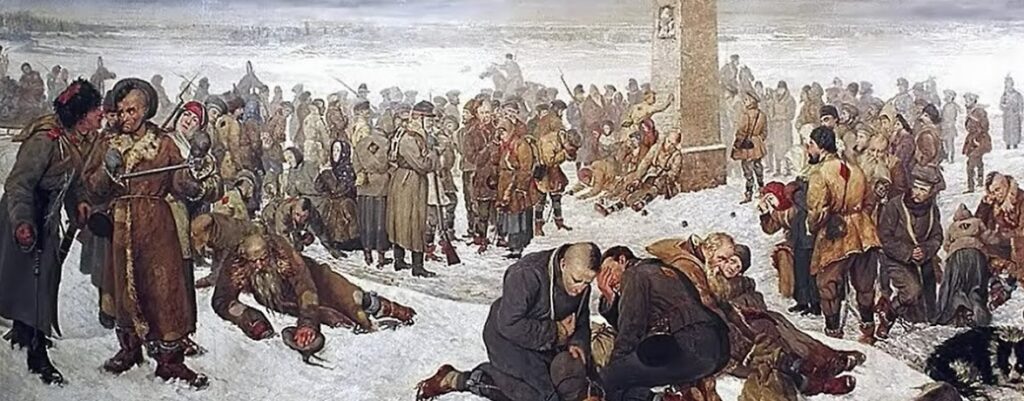The Purgatorio is the second part of Dante’s masterpiece, The Divine Comedy. This is where according to Dante the sinners purge their sins by being repentant of the sins they have committed on earth. Unlike in Inferno, purgatory deals with sins more psychological than physical with many tiers (or “terraces” as they are called) punishing the sins committed through the mind rather than by the body.
Purgatorio too is influenced by Christian theology, mythology, philosophy, literature, and Dante’s own political and religious views. But on a comparative note, one can sense that more of theology and Dante’s views on the relationship of God, Church, and State taking shape in the beautiful verses. Dante chooses his sinners from real life and mythology as in Inferno. Interestingly, Dante meets another guide here – Statius, the Roman poet, who team with Virgil helps him through his journey until finally, Dante meets “she who makes his journey from hell to paradise possible” – Beatrice.
The same lyricism and the beautiful metaphors that I have come to love in Inferno are preserved here as well, and that makes this poetic exercise an unforgettable one. However, if I’m to compare Purgatorio with Inferno, I have to admit, Purgatorio lacks the imagination that encompassed Inferno. But as a stand-alone, Purgatorio has its own beauty and can be enjoyed for its own merit.
There is nothing much to add after the second read. I was quite surprised and happy to find that I have understood the work to a considerable degree in my first read. The only thing I want to add here is that I haven’t appreciated enough the picturesque quality the Cantos bring to light, the vivid imagination they create in your mind. It was a fascinating experience. I would still say it is less imaginative than the Inferno, but only in comparison. As a stand-alone work, it has all the wonders to draw in the readers. Quite honestly, after this reread, I’m beginning to appreciate the quality of this work and to fully understand why The Divine Comedy has been regarded as a masterpiece all through these centuries.
Rating: 4/5



